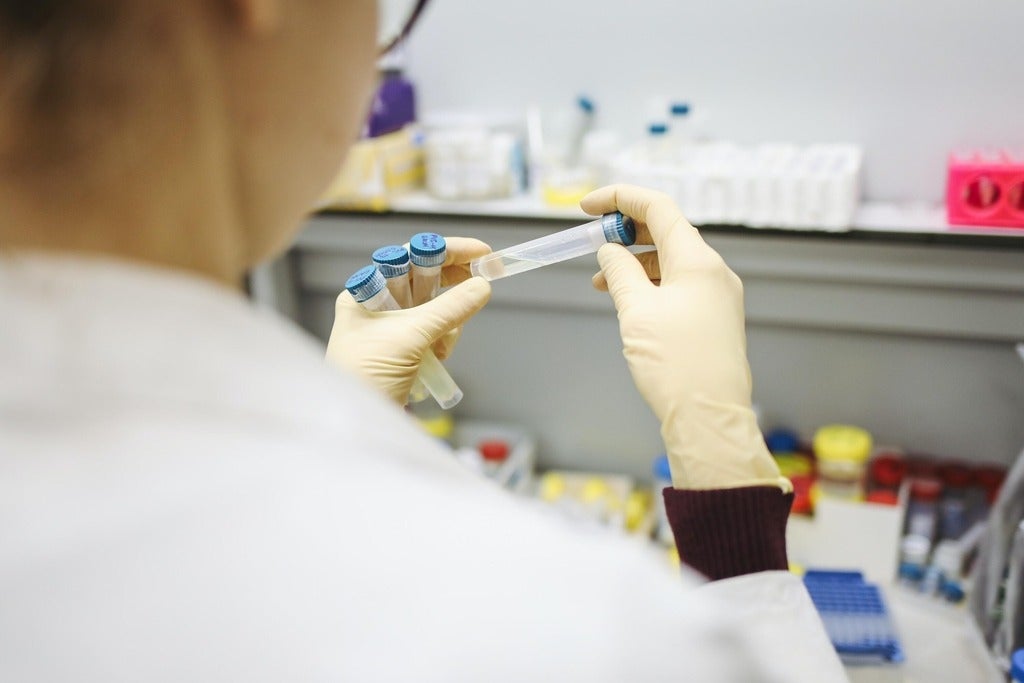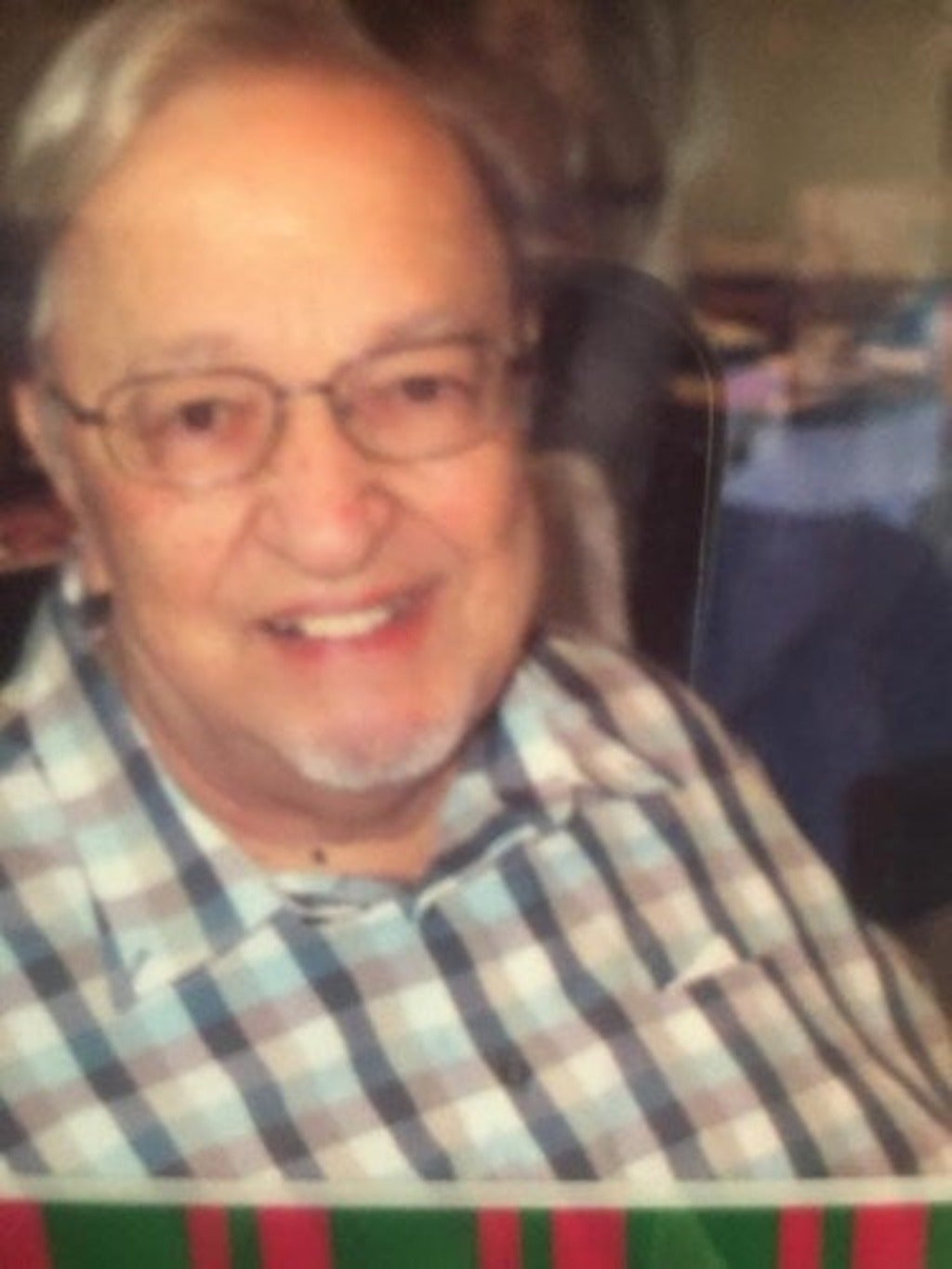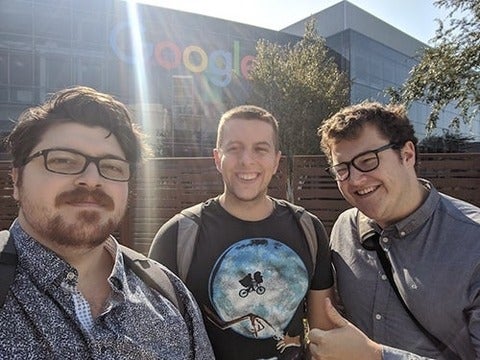Encouraging men who have sex with men to get tested once a year could reduce the spread of STIs
Men who have sex with men (GbMSM) and who get tested at least once annually on average could help prevent a rise in bacterial sexually transmitted infections (STIs), according to a new study.








